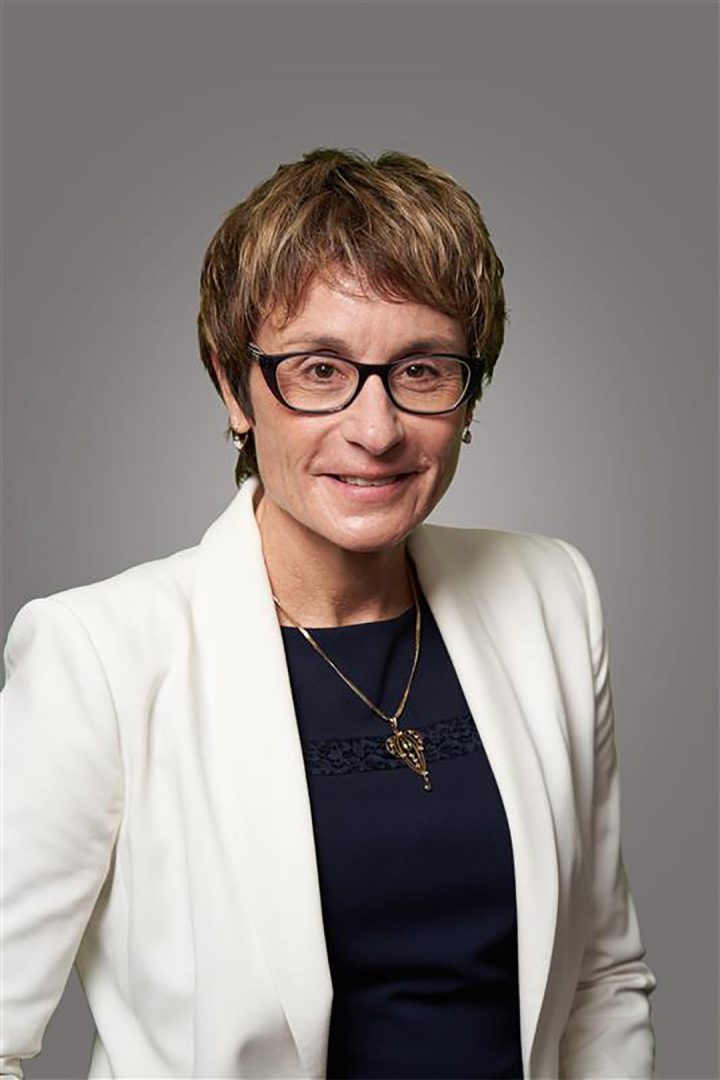Durham College will offer in-person on-campus weekend delivery for some of its courses starting in the May semester.
In the weekend delivery format, students will study full-time on Friday evenings, and during the day on Saturdays and Sundays. Most weekend classes will be in person, though some will be offered remotely, according to Elaine Popp, vice-president of Academic at Durham College.
She says students will get the same diploma as traditional full-time students, and they will be given the same benefits. The cost of tuition, number of hours, the courses, and the learning outcomes will remain the same, she adds.
Popp says Durham College wanted to see if there are students who can benefit from a more flexible delivery method.
“It’s just recognizing that we do have a larger growing number of students who want to retrain, re-skill, continue their educational experience but might not be financially in position to give up a full-time job,” she says.

Popp says the demand from students to have more flexibility about when and how they do their studies was at an all-time high throughout the pandemic.
Jay Fisher, a business professor at Durham College, is teaching in this new format though he doesn’t know yet which courses. He says the skills attained in weekend courses are just as valuable as traditional ones.
“I don’t think there’s any compromise to the academic integrity of this new format,” he says. “I think that this new format is certainly an advantage to those who don’t have the flexibility to go to school during the day.”
Fisher noted that this delivery method would be mainly marketed to a “non-traditional student” to accommodate people who are working full-time. He says non-traditional students are those who likely aren’t coming to post-secondary right out of high school, so regular classes might not fit their schedule.
Durham College offers a similar delivery system in its Practical Nursing – Flex program. It’s offered to students on Fridays, Saturdays, and Sundays for those who want to pursue their education but are unable or unwilling to give up their full-time jobs, according to Popp
She says the success of this program made Durham College comfortable to try it with some of its other programs.
These programs include Entrepreneurship and Small Business, Personal Support Worker, Artificial Intelligence Analysis, Design and Implementation, Cybersecurity, Data Analytics, Human Resources Management, International Business Management, and Project Management.
A 2015 study by Guelph University says that Ontario colleges have a much higher number of students who are 25 years and older than Ontario universities.
The percentage of full-time students 25 years and older in colleges ranged from 17 per cent at Durham College to 43 per cent at Northern College, compared to Ontario universities ranging from only two per cent at Wilfrid Laurier University, and 21 per cent at Algoma University.




